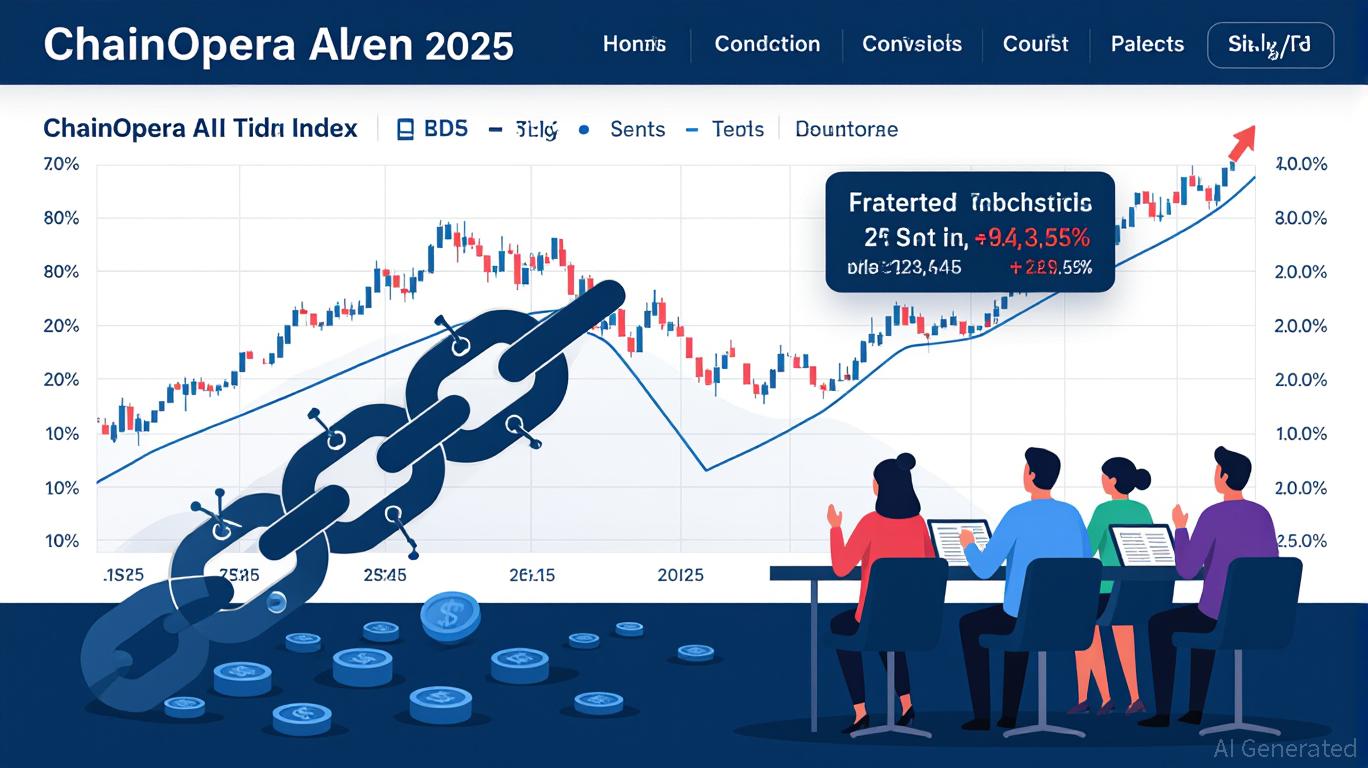Phantom Wallet CEO says no plans for own chain or IPO
The CEO of Phantom Wallet has confirmed that the company has no plans to launch a native blockchain or go public through an IPO.
- CEO Brandon Millman said Phantom wallet won’t launch its own blockchain or pursue an IPO.
- Phantom will continue investing in Solana and other ecosystems already built on it, while focusing on improving user experience.
- The firm prefers private growth, backed by investors like a16z, Paradigm, and Sequoia.
Phantom Wallet CEO Brandon Millman recently made an appearance on the Empire podcast , where he discussed details about the company’s past, present, and future. The CEO stated during the episode that the wallet provider has no plans to launch its own blockchain or pursue an initial public offering (IPO).
Instead, Phantom will continue doubling down on Solana, reinforcing its commitment to building within existing ecosystems rather than starting new ones.
“Launching your own chain is kind of antithetical to the open permissionless nature of crypto,” Millman said, adding that “We are always going to try to just reinvest into Solana and other ecosystems that are already built on it.”
While he acknowledged that the platform has IPO potential due to its growing user base and product suite, the CEO emphasized the company’s decision to remain private for now, supported by venture firms including a16z, Paradigm, and Sequoia.
By avoiding the public markets, the company plans to focus on product development and long-term vision.
Phantom focuses on improving user experience
Alongside Millman, Strategy Vice President Donnie Dinch, also a guest on the episode, contributed to the discussion, highlighting Phantom’s broader mission to build the next generation of consumer finance platform using crypto as the foundation.
Rather than diverting attention toward building a new blockchain or public listing, the team is channeling efforts into improving user experience and onboarding the next wave of crypto users. The podcast episode also highlighted the firm’s recent initiatives such as the integration of perps trading via Hyperliquid, the launch of Phantom Cash , a USD-pegged stablecoin, and Phantom Connect.
Another key development mentioned is the Phantom Terminal, a trading experience tool expected to launch this week. According to the chief executive officer of the web3 wallet, the tool is aimed at giving institutional and high-volume traders a better user experience.
Phantom wallet has seen huge adoption since its launch. Today, it boasts over 15 million monthly active users and has been valued at around $3 billion in previous funding rounds.
Disclaimer: The content of this article solely reflects the author's opinion and does not represent the platform in any capacity. This article is not intended to serve as a reference for making investment decisions.
You may also like
U.S. Debt Fluctuations Surge Amid AI-Driven Borrowing Growth and Fed Faces Fiscal Uncertainty
- U.S. Debt Volatility Index hits one-month high in November, reflecting market anxiety amid government shutdown resolution and fiscal risks. - AI infrastructure debt surges 112% to $25B in 2025, driven by tech giants’ $75B in bonds for GPU/cloud projects, raising overleveraging concerns. - Fed faces mixed signals: October job losses push December rate cut odds to 68%, while gold/silver rise 2-3% as investors seek safe havens amid fiscal/geopolitical risks. - Delayed economic data from shutdown complicates

ChainOpera AI Token Plunge: An Alert for Investors in AI-Based Cryptocurrencies
- ChainOpera AI Index's 54% 2025 collapse exposed systemic risks in AI-driven crypto assets, driven by governance failures, regulatory ambiguity, and technical vulnerabilities. - C3.ai's leadership turmoil and $116.8M loss triggered sell-offs, while the CLARITY Act's vague jurisdictional framework created legal gray areas for AI-based crypto projects. - Model Context Protocol vulnerabilities surged 270% in Q3 2025, highlighting inadequate governance models as 49% of high-severity AI risks remain undetected

Navigating the Dangers of New Cryptocurrency Tokens: Insights Gained from the COAI Token Fraud
- COAI token's 2025 collapse exposed systemic risks in algorithmic stablecoins, centralized governance, and fragmented regulatory frameworks. - xUSD/deUSD stablecoins lost dollar peg during liquidity crisis, while 87.9% token concentration enabled panic selling and manipulation. - Regulatory gaps pre-collapse allowed COAI to exploit loosely regulated markets, but post-crisis reforms like MiCA and GENIUS Act now demand stricter compliance. - Investor sentiment shifted toward transparency, with demand for re

Filecoin (FIL) to Bounce Back? This Emerging MA Fractal Setup Suggests So!

